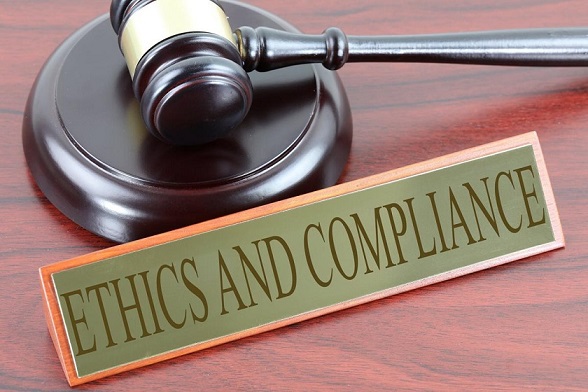Legal ethics are obviously related to the legal system, but they are a set of standards and guidelines in where conduct is measured. Most anyone in the legal system will use NJ legal ethics, but they vary depending on the position and title you ascertain. For example, paralegals and lawyers both have rules of conduct, but because lawyers tend to deal more with clients one on one, they have different rules of conduct than a paralegal. But, the same sentiment remains – to keep the client protected via confidentiality, as well as keep the lawyer or paralegal protected as well. There are by far and wide, more rules for lawyers than paralegals, but here are a few things you might want to look over as far as legal ethics for paralegals.
General Ethics for Paralegals
Lawyers tend to work closely with clients in regards to confidential situations. But, that doesn’t mean that a paralegal will never deal with clients or the circumstances of the case, because they will. A few general ethics for paralegals to consider:
1- Meeting People: Make sure that when you are in a legal situation, such as meeting a client for the first time that they understand you are a paralegal and not an attorney.
2- Confidentiality: As with lawyers, paralegals are meant to upkeep a certain sense of confidentiality. If you know something about a specific client or case, the same rules for lawyers is the same for paralegals – don’t share any information with anyone else about anything else. Don’t tell your friends, other people that work with you, your family, etc.
3- Legal Advice: Make sure you are aware of what “legal advice” is and make sure that people don’t trick you into giving them legal advice. Even if it’s in a metaphorical situation, avoid it altogether.
4- Opposing Parties: Unless you are given permission to do so by your boss or supervising attorney, never make any contact – physical face to face time, emails or phone calls to an opposing party in the case that is not on the same side you are on. This seems pretty obvious and yet some paralegals do it anyway.
5- American Bar Association: The American Bar Association has a specific set of guidelines and rules that get a little more in-depth as far as ethics and what paralegals are and are not allowed to do within their job. Brush up on the ABA guidelines
The Do Not Do List
When you are a paralegal, there are certain things you can and certain things you must never do. Not only is this because of confidentiality, but it’s against ethics of the legal system. If you are a paralegal, make sure you follow these rules to a T. If not, you could get in a lot of trouble, not only with your job, but the lawyer you are working under as well as the legal system.
1- Potential Clients: No matter who approaches you or what for, don’t ever accept a case for a potential client. This is not even in your job description, let alone listed as one of your duties. The only person that should be gaining potential clients and cases for the lawyer or firm you work for is lawyers, firm partners or the tribunal.
2- Fees: While lawyers or firm partners can set legal fees, a paralegal cannot. Make sure to keep your nose out of anything financially related when it comes to clients.
3- Represent Clients: In some very small percentage of cases, there may be a time when you are asked to represent a client in court. However, this is very very uncommon. Make sure if you are asked, under specific circumstances, to represent a client in court, that you have permission from someone higher up than you are.
4- Legal Advice: Not only is it looked down upon to give any legal advice to clients, unless otherwise stated by a lawyer, but it’s also frowned upon to give legal advice to random people – friends, family, etc. If they need legal advice, they need a lawyer, not a paralegal.
Delegation of Tasks
One of the biggest benefits to having a paralegal is to delegate certain tasks to them set forth by a lawyer. On the positive side, offering a delegation of tasks to a paralegal is a great way to let them get experience, as well as lighten your work load with things like research. On the negative side, if a lawyer has a paralegal deal with improper tasks, the paralegal as well as the lawyer can get in huge trouble for this. As a lawyer, they should know what tasks they can and cannot give a paralegal. It’s usually best for a paralegal to also brush up on what can and cannot be given to them, so that if or when the time comes where you get handed work, you will be aware if it’s proper or improper to take the task on.




